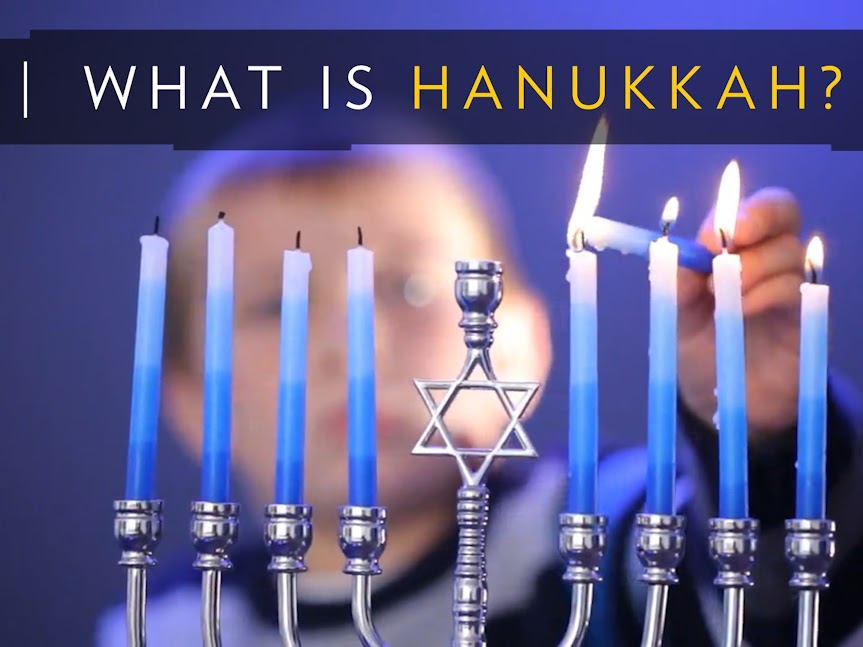Hanukkah, also known as the Festival of Lights, is a Jewish holiday commemorating the re-dedication of Jerusalem’s Second Temple in the second century BCE. Hanukkah has been a cherished tradition in the Jewish calendar for over two millennia. Its origins can be traced back to the victory of the Maccabees in 165 BCE against tyrannical rulers, which resulted in the restoration of Jewish worship at the temple, making it a historical and cultural landmark in Jewish history. Hanukkah has grown over time into a joyful holiday that brings the family together to share festive feasts, exchange gifts, and light the menorah in a ritualistic manner to represent the miracle of the oil lasting eight days.
The Jewish community primarily celebrates Hanukkah, however Jews all around the world participate in it. It is not restricted to a single denomination, allowing Jews of all denominations to participate in the festivities. While its cultural and historical features are widely celebrated, Hanukkah also has religious significance for Jewish communities, reaffirming themes like faith, resilience, and the triumph of light over darkness.
Hanukkah is celebrated in nations around the world where there are Jewish communities. Its celebration has surpassed geographical bounds, making it a global event that unifies Jewish people from many cultures and nationalities. Hanukkah’s universality reflects the resilience of Jewish traditions and the global significance of its historical and religious narratives.





